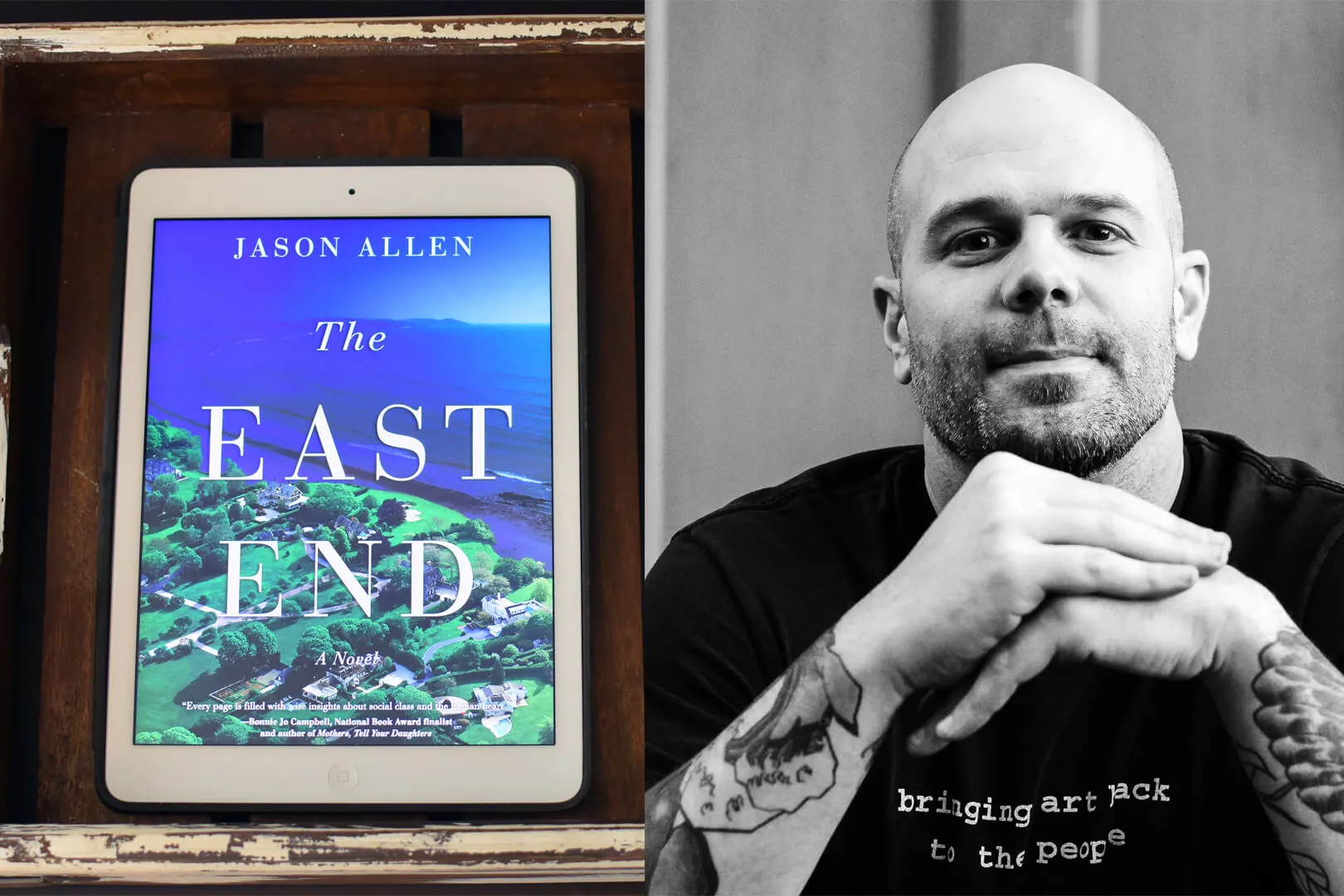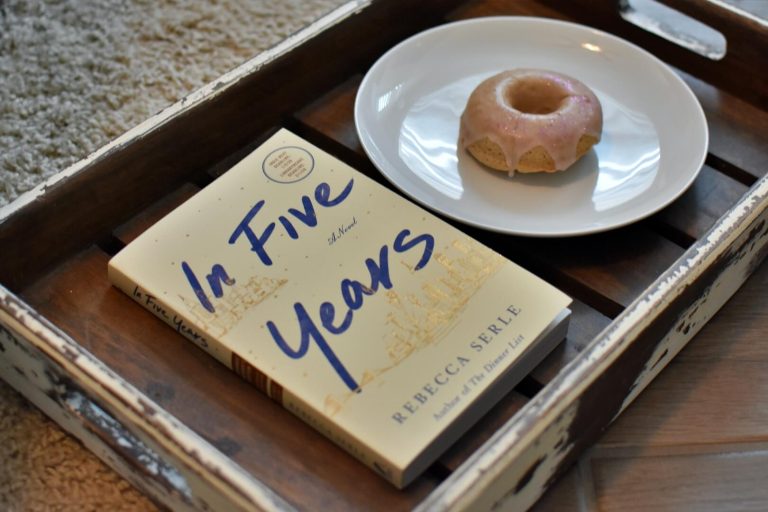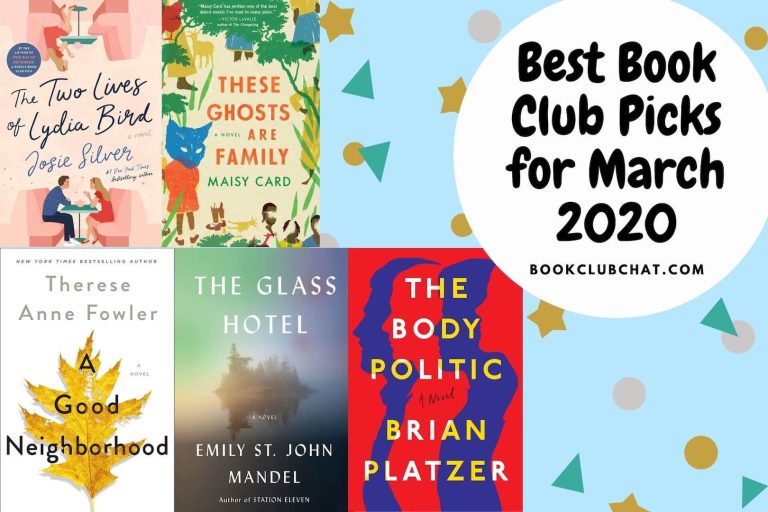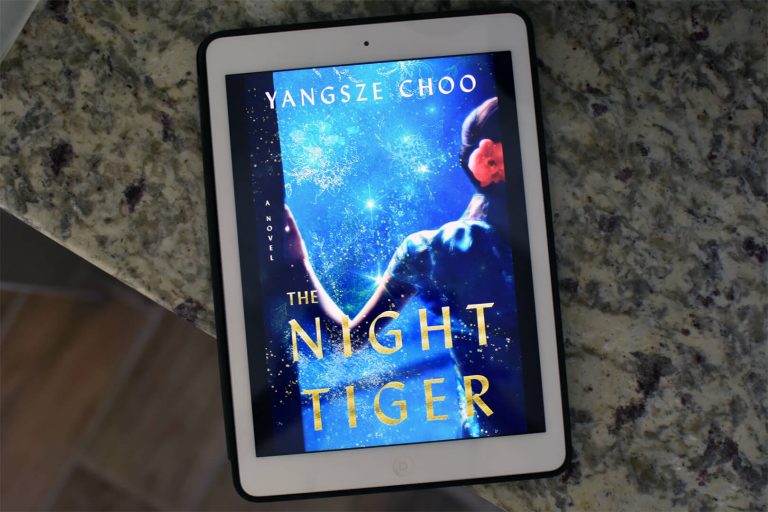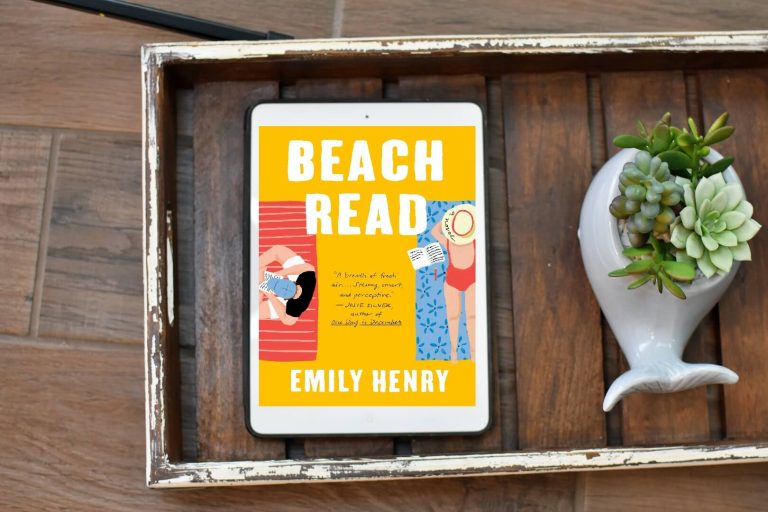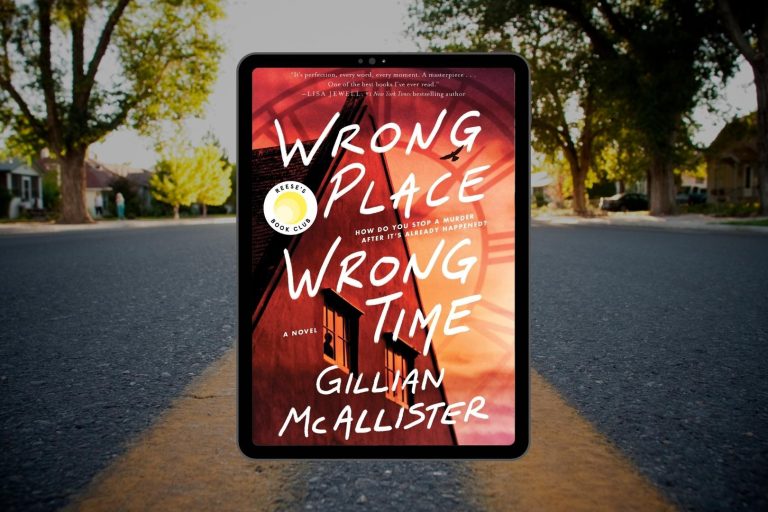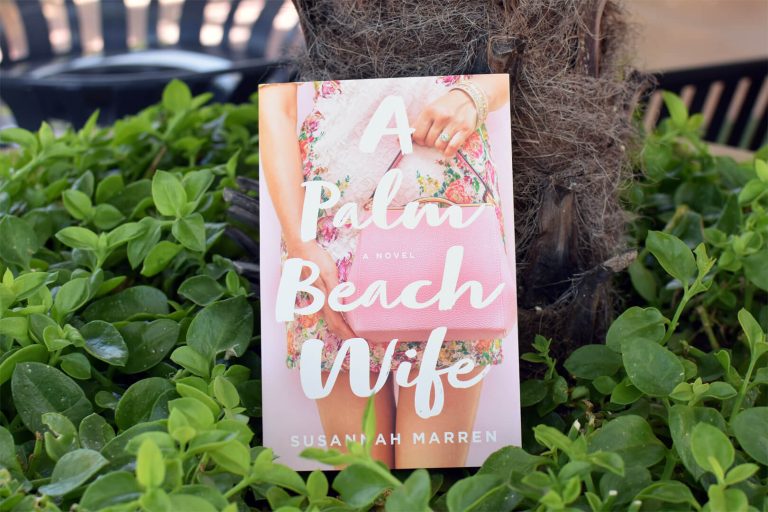This post contains links to products that I may receive compensation from at no additional cost to you. View my Affiliate Disclosure page here.
Jason Allen grew up in a working-class home in the Hamptons, where he worked a variety of blue-collar jobs for wealthy estate owners. The East End is his debut novel.
The story begins with Corey Halpern, a Hamptons local from a broken home who breaks into mansions at night for kicks. He’s not looking to cause any harm but it serves as an odd form of escapism for him. One night just before Memorial Day weekend, he breaks in to the wrong home at the wrong time: the Sheffield estate, where he and his mother, Gina, work. Leo Sheffield—a billionaire CEO, patriarch and the owner of the vast lakeside manor—arrives unexpectedly with a companion. After a shocking poolside accident, everything depends on Leo burying the truth before his family and friends arrive for the holiday weekend. Unfortunately for him, Corey saw what happened, as did other eyes in the shadows. In a race against time, each critical moment holds life in the balance as Corey, Gina and Leo approach a common breaking point. (Be sure to check out my review and discussion questions).
Get to know Jason as he talks his writing process, story inspirations, key takeaways and much more.
How would you describe your writing process? (Do you write at night? During the day? Alone or out in public at a cafe?)
On the best of days, I’m a marathon writer. I’m always most productive when I can devote an entire day to novel pages, ideally starting the moment I wake up, or right after the coffee is in the cup anyway, and then working until at least dinner time. I used to write very late at night, sometimes all night until the sun had risen and the birds reminded me I should finally sleep, but in the past few years I’m more a morning writer overall. I also teach at a university and have a heavy teaching load, so some days I can only spend an hour or so working on my writing before grading papers or heading to campus. I’ve found that I can’t work on a novel in public. I have to be in total solitude and quiet, at least when working on a novel.
What inspired you to write The East End?
Initially, I mainly wanted to illuminate the inner lives of the working class people of the Hamptons. I grew up there, and as a working class person in a seasonal resort area that attracts the wealthiest of the wealthy, as the Hamptons does, it’s impossible not to compare what “they” have versus what “we” have. I’d always been fascinated by just how extreme the disparity was between the multi-millionaire visitors and those of us who scraped by year after year, and that tension played out in so many ways each summer season. So I wanted to explore class, but also addiction, secrecy, obsession, and to do my best to write a complex story that highlights that tension among the disparate classes of people in the Hamptons. What I found over time, after delving into the depths of each character’s psyche, is that I truly believe that we are all more than the assumptions others might impose upon us.
What are some of the main themes in the book or some of the key takeaways?
The main themes are class (specifically class-divide), alcoholism and addiction, secrecy, obsession, loneliness and longing, and identity (including sexual orientation/ identification). The key takeaway, I hope, is that we should try our best not to judge any book by its cover. I had an easy time empathizing with the teenaged character, Corey, even as he starts breaking into houses, and also for his mother, Gina, even as she’s hitting bottom with alcohol and pills and is relatively absent from her two sons’ daily lives. I was surprised to find how much I cared about the billionaire character, Leo Sheffield, when in the past I could have easily written him off as just another greed-driven destroyer of the world, someone who deserves no empathy—but it was gratifying to care about them all, despite their flaws and bad decisions.
Your author bio says you grew up in the Hamptons and worked a variety of blue-collar jobs for wealthy estate owners. How much did you draw from personal experience when writing this book?
I mined lots of lived experience for both the setting of the novel and the characters. My mother worked for a millionaire family at their summer estate in Southampton for more than a decade, and while the plot and characters are fictional, the setting is closely based on the estate where she worked (and where I worked with her for one summer). I also worked for the mega-rich in the Hamptons as a pool guy, a carpenter’s helper, lots of labor jobs in my teens and twenties.
What are you currently reading and what’s on your TBR (to be read) list?
I’m currently reading an advanced reader copy of a debut novel called The Tenth Girl, by Sara Faring, which is a brilliant, funny, twisted gothic story that takes place in a haunted girls’ prep school in Argentina, and at the same time I’m in the midst of another advanced copy of a wonderful literary debut novel Goodnight Stranger, by Miciah Bay Gault. I’ve also just finished Winter Loon, by Susan Bernhard, and loved it for its rich characters and the author’s bravery to show the true struggles of working class characters. Some other recent favorites include: The Boat Runner, by Devin Murphy (if you haven’t read that yet, buy it immediately—it’s amazing); Eileen, by Ottessa Moshfegh (so unique, both dark and funny in all the most interesting ways); and I just reread All the Light We Cannot See, by Anthony Doerr, which I can only describe as a masterpiece, a novel in my top two or three of all-time.
Can you give any hints regarding your next novel?
I plan to finish my second novel this summer. It’s a story set mostly in Portland, Oregon, where I also lived for ten years. It takes place during the winter of 2008, during the start of the Great Recession and the Housing Crisis, also during an especially cold winter. The characters are all down-and-outers, with addiction and family and desperation as the central themes. I’m also looking forward to revising my first memoir manuscript, as well as my first feature-length screenplay, and in the next year or so I will begin fleshing out my third novel. I have the novel-writing bug, and realize now that I always have. I’m not hoping for a cure, either.
Click here to buy The East End on Amazon.
